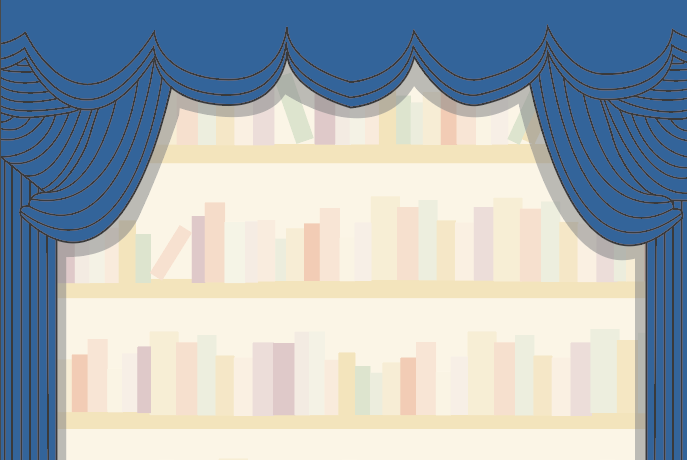When I’m writing, I often worry my words will be misunderstood and I’ll end up unintentionally saying or implying something I don’t mean. I’ll try to use precise language and add extra information with excess sentences and punctuation (like parentheses) to give the readers a better understanding of what I mean.
I’ve seen this a lot online and in media — people overexplaining things in fear someone will get mad at them for saying something they didn’t say, or movies blatantly saying the theme so their audience can’t miss it.
Media literacy is the ability to critically analyze stories in media and to determine their accuracy or credibility. You have probably heard about the infamous blue curtains that represent the main character’s unfulfilled dreams and loneliness in “The Great Gatsby”, and you can definitely tell me the conch shell in “Lord of the Flies” represents authority and order.
Media literacy is not a new thing, it just has taken a new meaning with modern technology, whereas before, people had to sort through a few newspapers and radio broadcasts a week, we now have to sort through hundreds of videos per hour on YouTube and TikTok. This fast-paced consumption hinders us from thinking critically about what we’re consuming, taking it at face value and going to the next video; and with the average screen time now surpassing over seven hours a day, this has caused a big impact on people’s media literacy abilities.
People now think in black and white. No thought goes beyond surface level. An action is either good or bad, a thing is either helpful or harmful, and opinions are either right or wrong. People and ideas are no longer complex, but one thing or another.
Films and novels were once analyzed at depth for years after they came out, now films and novels only come out for entertainment, with messages that are directly stated and apply to as wide an audience as they can get now that authors and companies can auto-generate a movie script in minutes or have an AI write their book for them.
Films used to have to be hand-drawn or developed, and novels had to be hand-written or typed without error, making them come out less frequently. This caused every book and movie to be thoroughly thought out and developed before writing or shooting even began. Why would they put so much effort into making something shallow?
And when books and movies do come out, they are often misconceptualized. A complex character might get reduced to a single stereotype, action or flaw, and if a book talks about a certain topic, it must either be glorifying it or vilifying it.
Many people will say “it’s not that deep” and “sometimes the curtains are just blue,” and that may be true in some cases, but what doesn’t have a thought or reason behind it? Maybe sometimes the curtains are just blue because it’s the author’s favorite color, but that in itself has significance.
Media literacy declining does not just affect books and movies, but people’s beliefs. If someone sees something online and does no research before believing it, they could further spread the misinformation and propaganda they were fed and feed others the same incorrect statements.
Media literacy is one of the most important concepts in our society, and its decline should be taken seriously. I’m not saying you have to stop and think critically about everything you consume online, but we must be conscious about how what we see shapes our beliefs and actions, and we must do everything we can to make sure what we do believe stems from the truth.
It’s fine to enjoy cursory or superficial things, just like it’s fine to enjoy a donut every once in a while, but when a donut is the only thing your diet consists of, it’s unhealthy. It’s important to try to consume things that make you think — that challenges your beliefs and views because that is how we grow as people. So read a philisophical book, analyze a movie, try something new — learn and practice media literacy so that you can better yourself and grow.




